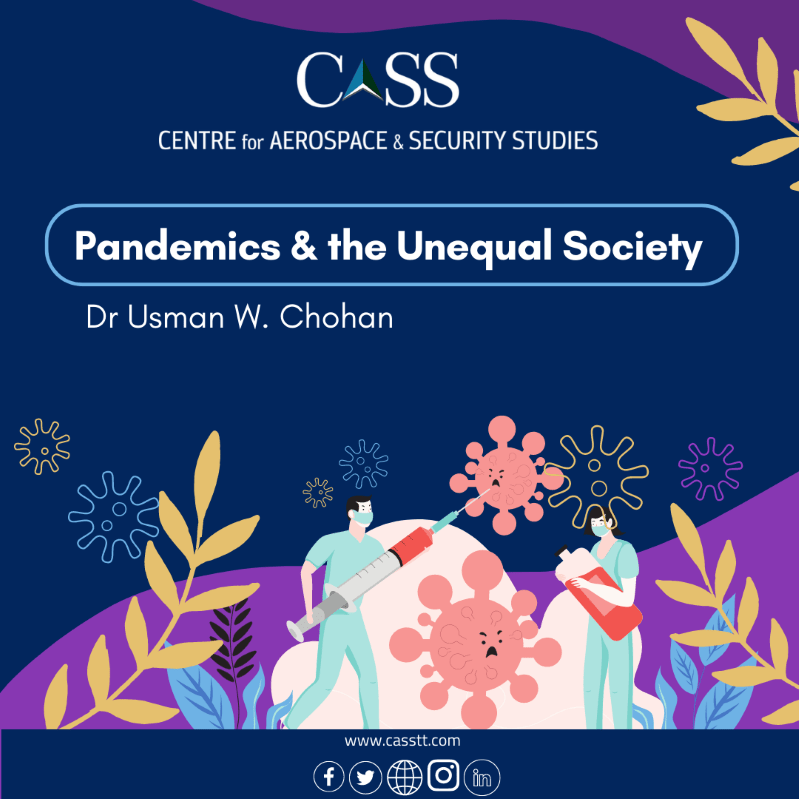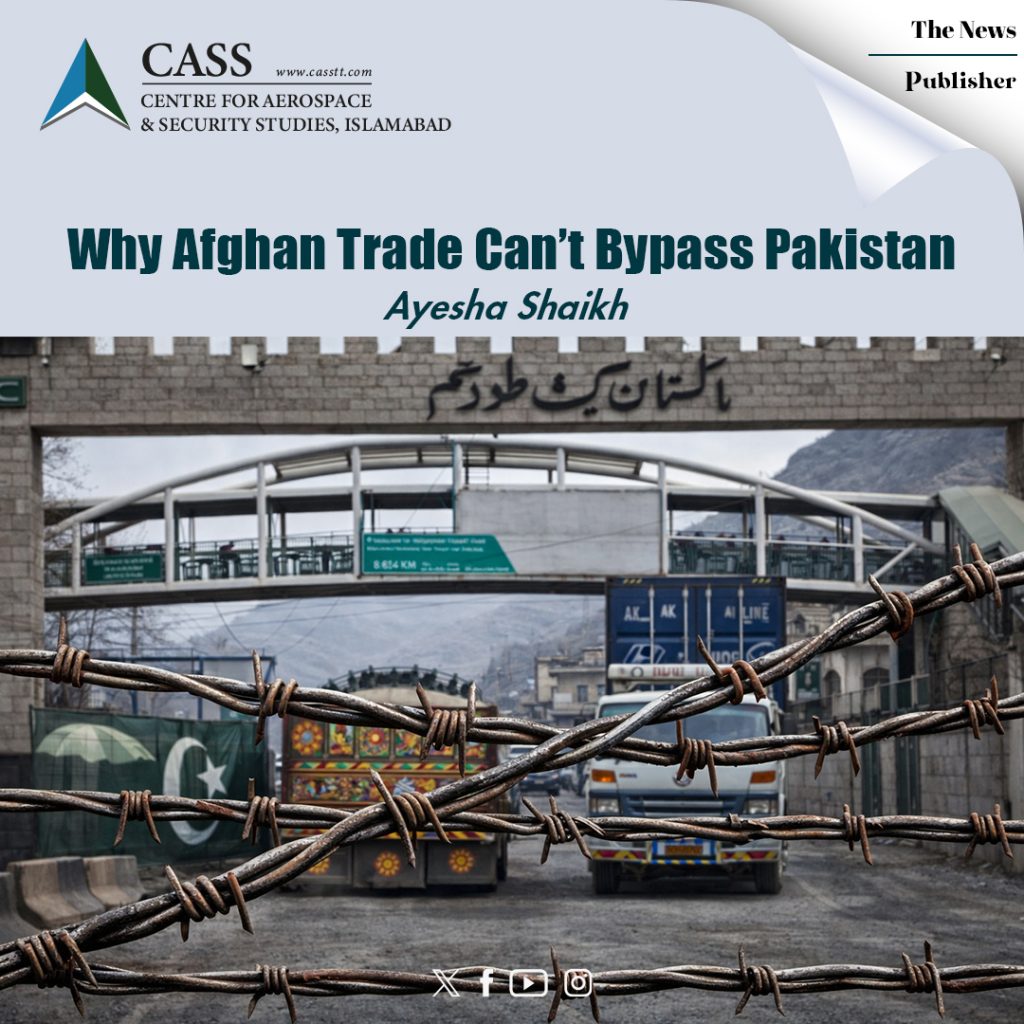The contrast between those countries which have flattened their COVID-19 curves and those that haven’t is becoming ever more stark. Among the victors in the fight against coronavirus (thus far) include South Korea, Vietnam, Japan, New Zealand, Taiwan (Chinese Taipei), and a handful of others.
Among the countries still battling, or perhaps increasingly losing the ongoing battle, are the United States, Brazil, Russia and India, which are among the top five countries by cases as of early July. What socioeconomic or political economy patterns can be deduced from the two groups of victors and losers?
Many op-eds and analyses in the international press look at a very granular and country-specific contexts to try to extrapolate lessons, an exercise that is fraught with counter-arguments. Let us look at some extrapolative exercises that have been presented with counter-examples.
For example, New Zealand is touted as a well-functioning democracy, and so having a well-managed (Western style) democratic apparatus is touted as a key tool in the fight against coronavirus. However, Vietnam and Cuba have supposedly authoritarian governments and were even more successful in the battle against COVID-19.
Some point out that New Zealand, Japan, and Taiwan are islands, and therefore it was easy to seal off the cross-border movement of people. Yet, the United Kingdom is also an island, and it has not performed well in the pandemic, both from a public health as well an economic perspective (GDP shrinking 25% quarter-on-quarter).
In another example, some argue that strict lockdown measures in authoritarian countries were the key, as was done in Vietnam or China. Yet, Japan had next to nothing in terms of a lockdown, and also has a severely aged-population, and still managed through the pandemic largely unscathed.
At the same time, Russia and India are both authoritarian governments and have largely hidden their coronavirus casualties to deceive public while failing to curb the rise of COVID-19 cases.
The same applies to the contrast between Denmark and Sweden, where the former insisted and latter refused to instate the lockdown, and yet saw similar macroeconomic outcomes due to voluntary self-isolation without government mandates in Sweden.
In yet another example, high healthcare spending per capita might be argued to be a possible predictor, which is why some EU countries fared better, and why Cuba did better than other Latin American countries. But the highest health spending per capita in the world is actually in the United States, which is conspicuous in its abject failure against the pandemic
So are more generalisable patterns to be deduced? The one variable which strikes out more than anything else to me is the underlying economic inequality of countries. Among those countries which have done especially poorly in the coronavirus pandemic, the case seems strongest that it is structural economic inequality, the equivalent of the caste systems, that is the greatest predictor of terrible outcomes.
As of early July, the eight most affected countries by cases are: the United States, Brazil, India, Russia, Peru, Chile, the UK, and Mexico. Each of these can be briefly highlighted for the rampant structural and racialised socioeconomic inequality that they perpetuatal.
For the worst offender, the United States, the recent BLM protests are a small reminder of a three hundred year old White Supremacist police state that is well-documented in its ongoing brutality of coloured folk: African-Americans, Hispanics, Native Americans, and the list goes on. For all the supposed prosperity that the US has created over the past 300 years, it has deliberately failed to spread it across its citizens, and is now paying the price.
Brazil is similar in the perpetuation of its slave heritage, with 70 million Afro-Brazilians constantly excluded and at the mercy of a police state that send troops into the favelas to shoot coloured children. India is the prototype of a caste-based system, with a Hindu fascist government at the helm running a Bollywood movie narrative, not realising that COVID-19 will not dance to its childish script.
Peru, Mexico and Chile were rocked by massive protests even before 2020 due to rising inequality, which is structural in that the Whites of Lima, Mexico City and Santiago hoard the gains of economic growth at the expense of the indigenous people left out to die in the countryside.
Additionally, in a far cry from the USSR’s deliberate elimination of the classes, Russia today is a mirror image of the United States in its oligarch kleptocracy, and is suffering the same fate as its supposed American nemesis. Both Russia and America are actively trying to conceal the extent of corona cases, and yet have failed monstrously due to their fundamental precepts about socioeconomic exclusion and unequal societies.
One of the common outcomes of low income inequality is that public health systems tend to have comparable accessibility and treatment across a nation. In Germany, New Zealand, Japan; and even Cuba, Vietnam, and China; the accessibility and standards of healthcare are not too dramatically different within national health jurisdictions (although internal differences do persist). This helps to ensure a strong virological response by maintaining a low risk of outbreak across the entirety of a country.
Meanwhile, the deliberate and systemic exclusion of people from economic life is often the best recipe for a virus or pathogen to feed on the masses while a privileged few hide behind their gates. Coronavirus should be seen as a mirror reflected upon societies to highlight how deliberate and structural economic inequality is the most lethal killer of them all.
–The writer is the Director for Economics and National Affairs at the Centre for Aerospace and Security Studies (CASS). He can be reached at [email protected].





